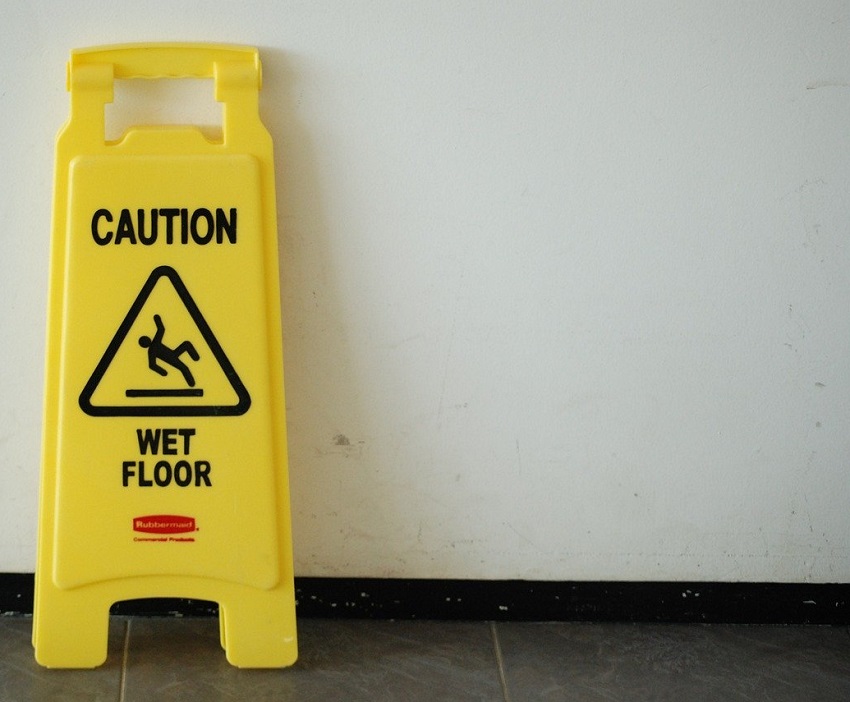Checkout using your account
Checkout as a new customer
Creating an account has many benefits:
- See order and shipping status
- Track order history
- Check out faster
Monthly Archives: January 2020
-
Read more »
What Should I Do If My Grease Trap Leaks?
Grease traps save the planet and they save you from water company fines by managing your kitchen’s output of fats, oils and grease (FOGs) – preventing these FOGs from entering the sewers where they form fatbergs over time.
Grease traps are not meant to leak. If yours is spewing waste water across your kitchen floor, you’ll need to do something about it sharpish – before reflecting on what caused this costly catastrophe.
For those of you knee-deep in FOG, we’ll start quickly, by addressing the priority.
-
Read more »
New Strategies for Tackling Fatbergs in 2020 and Beyond
The fatberg problem is huge: out of the 200,000 sewer blockages in the UK each year, 75% are caused by fats, oils and grease (FOGs).
We all know how it goes. FOGs slip and slide down our drains and into our sewers, where they cool and coagulate, clumping together over time into monsters which block the flow of wastewater through the sewer and lead to all sorts of problems: from a boost in rat populations to sewer overflows, which see raw sewage stream straight into our waterways.
With the UK at the forefront of the issue, with more fatbergs appearing in our sewers than in any other country around the world, it can be difficult to see a future in which the FOG problem is a thing of the past.
So, let’s think about what the future might hold for the fight against FOG – and what that future needs to look like if we are going to crack the problem once and for all.
-
Read more »
Grease Digesting Bio-Dosers: A Standalone Solution?
The Fatberg problem is huge: our national love of fried fast foods currently means that more and more fats, oils and grease (FOGs) are slipping into sewers across the country and forming fatbergs which cost water companies hundreds of thousands of pounds to deal with. Not only popping up in big cities, these monsters have also been discovered festering in sewers in seaside towns like Sidmouth.
Understandably, the problem has left many of us looking for a miracle cure. One of the most popular being Bio-Dosing.
But is it up to scratch? And could it replace our traps?
To answer these questions, let’s start with the basics.
-
Read more »
Fatbergs – Not Always the Health Hazard People Presume
A year ago, a 64 metre fatberg was found in a sewer in Sidmouth. Eight weeks of work later, a crew of South West Water workers managed to remove the berg at a cost of £100,000 and sent four 10kg samples off to be analysed by a team from the University of Exeter, led by Dr John Love, Associate Professor in Plant and Industrial Biotechnology.
Using a mix of techniques – from simply extracting and identifying the waste materials by sight to DNA sequencing, the team sifted through the samples.
The results were surprising…
-
Read more »
The Grease Contractors Association
The FOG problem is huge. Fats, oils and grease (FOGs) are making it down drains across the world and water companies from Baltimore to Brisbane are finding fatbergs forming in their sewers.
But it seems like no country has been plagued with as many bergs as Britain. With our Victorian sewers struggling to cope with our love of fried fast foods, we are Fatberg central, with the problem costing our utility companies £100 million a year.
The terrifying scale of the issue calls for co-operation.
Enter: the Grease Contractors Association (GCA).





